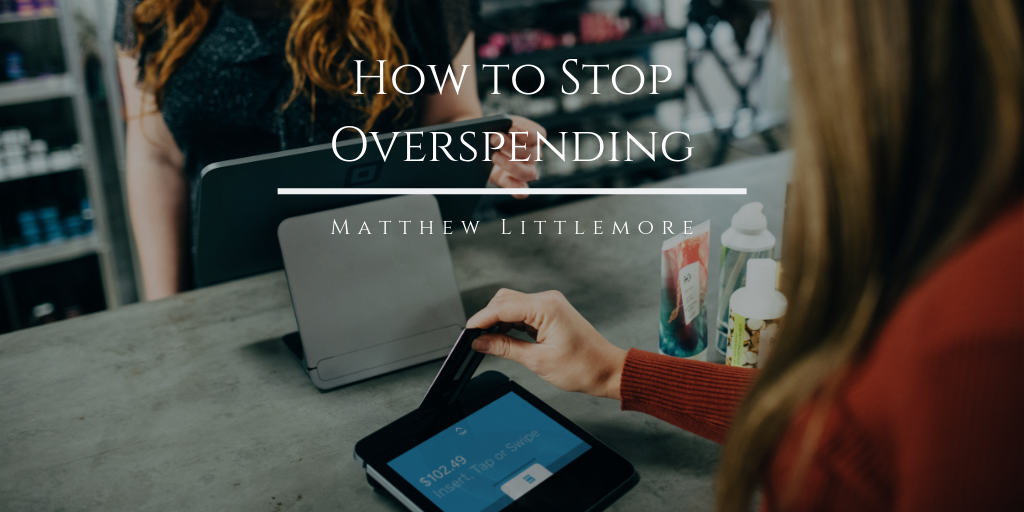Overspending affects almost everyone at some point, whether it’s spending more than intended during a shopping spree or at lunch with a friend. For some, overspending is an occasional habit, but for others, it can be a regular occurrence that affects not only current finances but long term financial goals as well. If overspending is causing one to dip into emergency funds, racking up debt, or scrambling to make ends meet when they should be financially comfortable, it may be time to devise a plan to stop overspending.
Create a Budget
Budgeting is a huge step into getting finances in order, and every adult living on their own should have one. There is a wide selection of apps, spreadsheet templates, and printable worksheets, but a sheet of notebook paper can work for writing out all income and expenses to create a budget.
Track Spending
Tracking where and what one is spending money on is equally as important as creating a budget. At the end of the month add up all day to day spending into categories, realizing all those little expenses equate to a large chunk out of one’s monthly budget can be eye-opening.
Know What Your Spending Triggers Are
Often, overspending can be an emotional impulse. By learning to identify these impulses one can gain control over their spending. Certain environments such as shopping malls and discount stores can cause shoppers to overspend. Try shopping in these environments as infrequently as possible. Additionally, if you identify that emotional impulses are one of the triggers to overspending, try to find other outlets to help you relieve stress.
Sometimes even those around you can trigger overspending. Remember, that everyone’s financial situation is different. If you’re not in a place where you should be spending extra money, let it be known to your friends or peers. You may be able to find alternate activities that will require little spending.
Use Cash
Try using a cash envelope system to coordinate with the budget plan. Even if one decides to forgo implementing cash envelopes, physically seeing the cash leave one’s wallet has an impact on the psyche that swiping a card doesn’t and may, in turn, make it easier to say no.
Set Short Term Financial Goals
Having a goal for one’s finances can make being financially savvy feel like a game and feel more rewarding, maybe one’s goal is to have a rainy day fund, a no-spend week, or even as simple as packing lunch every day for a week. Completing these goals can make financial planning exciting and spur on further movement.

